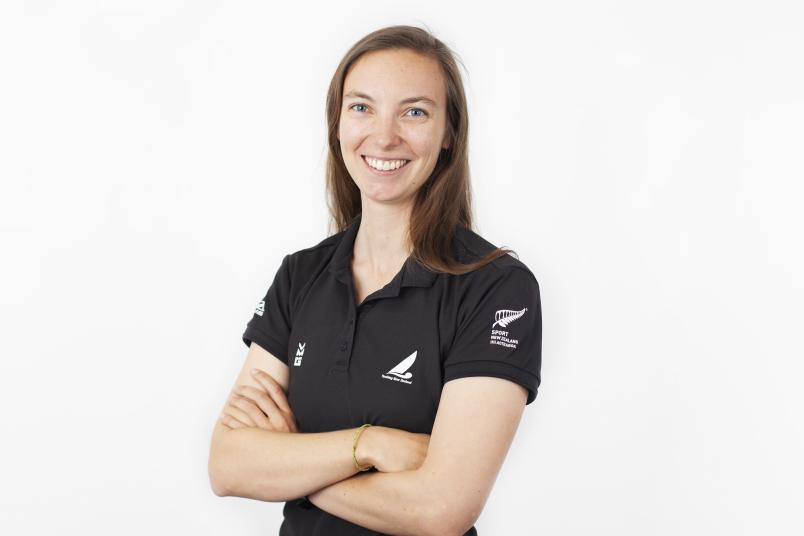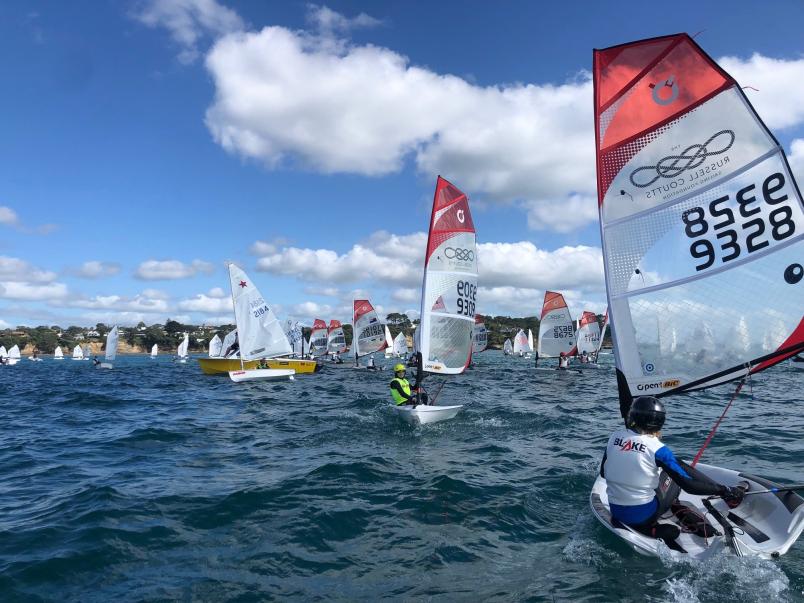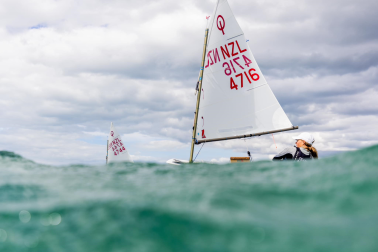By Kirsten Moratz
Earlier this year, we asked a group of young sailors a series of questions about what they want from sailing and what they need from their support team.
It was during the 'PredictWind' Girls Championship Regatta hosted by Kohimarama Yacht Club in March, an annual multi-class regatta that has always focussed on camaraderie, competition and creating a good atmosphere for sailors. The regatta is also an excellent opportunity to check the pulse of our sport at the grassroots level.
The answers weren't exactly a surprise, but what I didn't quite expect was how emphatic the sailors would be about their number one priority: to have fun.
Alongside winning medals and trophies, these sailors want to experience the thrill of sailing fast and being on the water, improving their sailing skills and knowledge, and, importantly, they want to share their sailing journey with friends.
This message is spreading around the country and has already found a foothold at several yacht clubs and class associations.
It is also what underpins Sport New Zealand's Balance is Better philosophy, an evidence-based approach to supporting quality sport experiences for all young people, regardless of their ability, needs, and motivation.
At its core, Balance is Better is about young people staying involved in sport for life and realising their potential at the right time for them.
When it comes down to it, having fun as you develop and compete in a sport is important and is reflected in long-term retention.
The latest to join the 're-fun-lution' is the New Zealand International Optimist Dinghy Association (NZIODA), which only last month announced a raft of changes to its white, green, and open fleets.
The changes are aimed at meeting the needs of our young sailors at their stage of development.
For those coming into regattas and racing there will now be a focus on developing skills without worrying about results. Age-group restrictions and trophies for overall winners have been removed, with success acknowledged on a day-to-day and race-by-race basis. Destination sails and longer course sailing will also be new additions. For the sailors racing in the white fleet races will be shorter, with possibly fewer races in a series.

Kirsten Moratz, Yachting New Zealand's coach development manager.
These changes are some of the most significant in the history of the Opti, the boat in which the vast majority of young Kiwis cut their sailing teeth.
The change in approach to the Opti fleets is similar to that made in other classes, most notably the O'pen Skiffs, which for years have been focusing on fun through events like their ‘un-regatta’ Regattapalooza.
In the lead-up to their national championships in April, organisers put out an information sheet to all participants setting the scene for the regatta and listing the values they wanted sailors to champion - a positive attitude, sportsmanship, and perseverance.
These values were visible during the event, with sailors helping each other out both on and off the racecourse, no matter what fleet or club they were from.

The O'pen Skiff fleet also has a focus on having fun. Photo / Supplied
When asked about what they need from their parents, one of the girls regatta sailors answered, "It’s important that I feel like winning isn’t everything and having fun is more important."
Another said she likes it "when [her] parent takes an interest in [her] race and not only in [her] position."
As an indicator of progress, results are important for sailors. But for many young sailors, like those girls at Kohi, it's also about making great sporting memories through being with friends, meeting new challenges, and having fun.
Kirsten Moratz is an experienced sailor and coach and is Yachting New Zealand's coach development manager.




